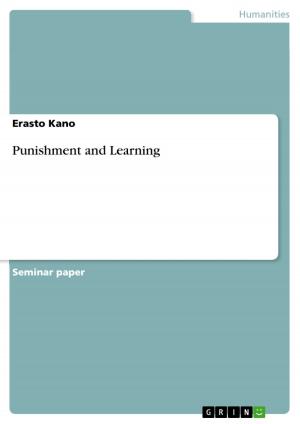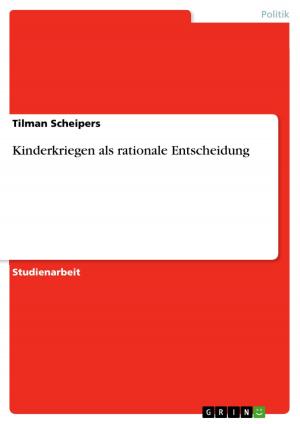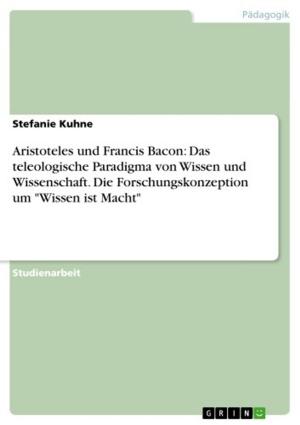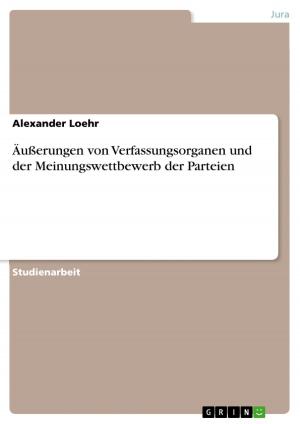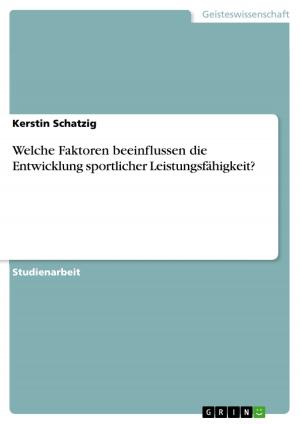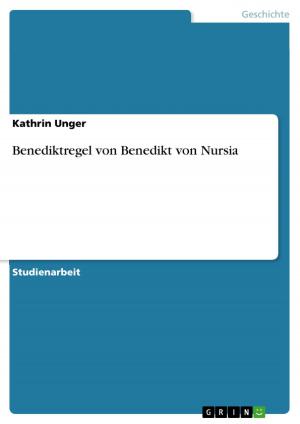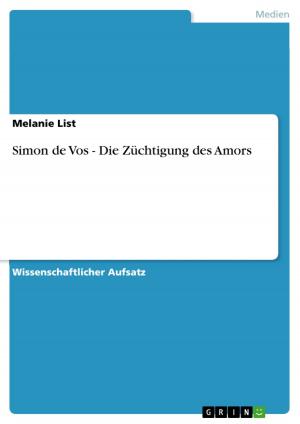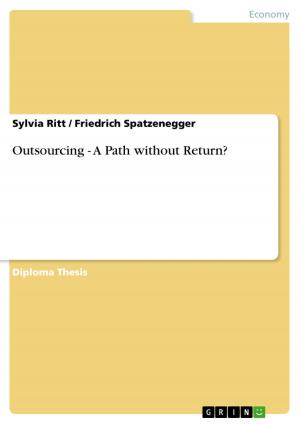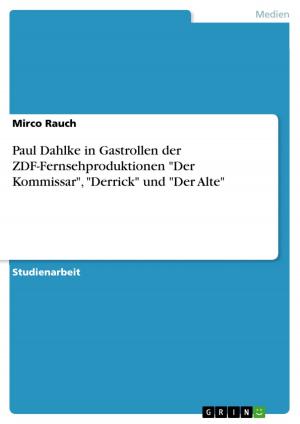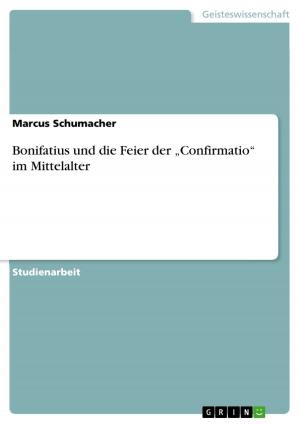International Law and its Relationship to Trade, Environment and Sovereingty
Nonfiction, Reference & Language, Law, International| Author: | Nicholas Sunday | ISBN: | 9783656378709 |
| Publisher: | GRIN Verlag | Publication: | February 27, 2013 |
| Imprint: | GRIN Verlag | Language: | English |
| Author: | Nicholas Sunday |
| ISBN: | 9783656378709 |
| Publisher: | GRIN Verlag |
| Publication: | February 27, 2013 |
| Imprint: | GRIN Verlag |
| Language: | English |
Doctoral Thesis / Dissertation from the year 2012 in the subject Law - European and International Law, Intellectual Properties, grade: A, , course: LAW, language: English, abstract: We must spare no effort to free all of humanity, and above all our children and grandchildren, from the threat of living on a planet irredeemably spoilt by human activities, and whose resources would no longer be sufficient for their needs (United Nations Millennium Declaration, GA Res. 55/2). Since the increasing pressure on '' fair trade'' emphasized by massive street demonstrations at the 1999 Ministerial Conference in Seattle, the World Trade Organization( WTO) has had to face new objectives raised by political, religious and ideological interests, labor, animal and women's right. The environmental issue has moved beyond local and even national boundaries into the foreign policy debate, since actions in one country have had adverse environmental effects on another. As a consequence, public interests has intensified, in the light of high profile trade and environmental concerns that extends into some of these new sensitive areas such as the role of science in risk assessment, the conservation of endangered species, the cross border movement of genetically modified organisms( GMOs) and measures to protect public health. Economists, lawyers and environmentalists have called for international agreements, which abrogate national sovereignty and delegate foreign policy to international agreements. Trade and environmental issues have come to the forefront of foreign policy, challenging and reshaping traditional interactions between trade and environment. Varieties of demands on the growing lists of trade and environmental issues have driven international treaties and agreements, which seem to have high costs with low benefits or '' a chilling effect'' (Conca, 2000). Due to new problems and demands, the density of international institutions has risen in the new world order. With increasing numbers of international treaties and organizations, different international norms have become more intrusive on each other. This proposal seeks to study'' international law and its relationship to trade, environment and sovereignty, with focus on Cartagena Protocol on Biosafety'' as a case study to ''evaluate a principle research question: what are the contradictions between different approaches towards the environment of the WTO and multilateral environmental agreement (MEAs)? The aim of the case study is to find general contradictions between the WTO and MEAs and to analyze the overlap issues between different sets of multilateral agreements. [...]
Doctoral Thesis / Dissertation from the year 2012 in the subject Law - European and International Law, Intellectual Properties, grade: A, , course: LAW, language: English, abstract: We must spare no effort to free all of humanity, and above all our children and grandchildren, from the threat of living on a planet irredeemably spoilt by human activities, and whose resources would no longer be sufficient for their needs (United Nations Millennium Declaration, GA Res. 55/2). Since the increasing pressure on '' fair trade'' emphasized by massive street demonstrations at the 1999 Ministerial Conference in Seattle, the World Trade Organization( WTO) has had to face new objectives raised by political, religious and ideological interests, labor, animal and women's right. The environmental issue has moved beyond local and even national boundaries into the foreign policy debate, since actions in one country have had adverse environmental effects on another. As a consequence, public interests has intensified, in the light of high profile trade and environmental concerns that extends into some of these new sensitive areas such as the role of science in risk assessment, the conservation of endangered species, the cross border movement of genetically modified organisms( GMOs) and measures to protect public health. Economists, lawyers and environmentalists have called for international agreements, which abrogate national sovereignty and delegate foreign policy to international agreements. Trade and environmental issues have come to the forefront of foreign policy, challenging and reshaping traditional interactions between trade and environment. Varieties of demands on the growing lists of trade and environmental issues have driven international treaties and agreements, which seem to have high costs with low benefits or '' a chilling effect'' (Conca, 2000). Due to new problems and demands, the density of international institutions has risen in the new world order. With increasing numbers of international treaties and organizations, different international norms have become more intrusive on each other. This proposal seeks to study'' international law and its relationship to trade, environment and sovereignty, with focus on Cartagena Protocol on Biosafety'' as a case study to ''evaluate a principle research question: what are the contradictions between different approaches towards the environment of the WTO and multilateral environmental agreement (MEAs)? The aim of the case study is to find general contradictions between the WTO and MEAs and to analyze the overlap issues between different sets of multilateral agreements. [...]


